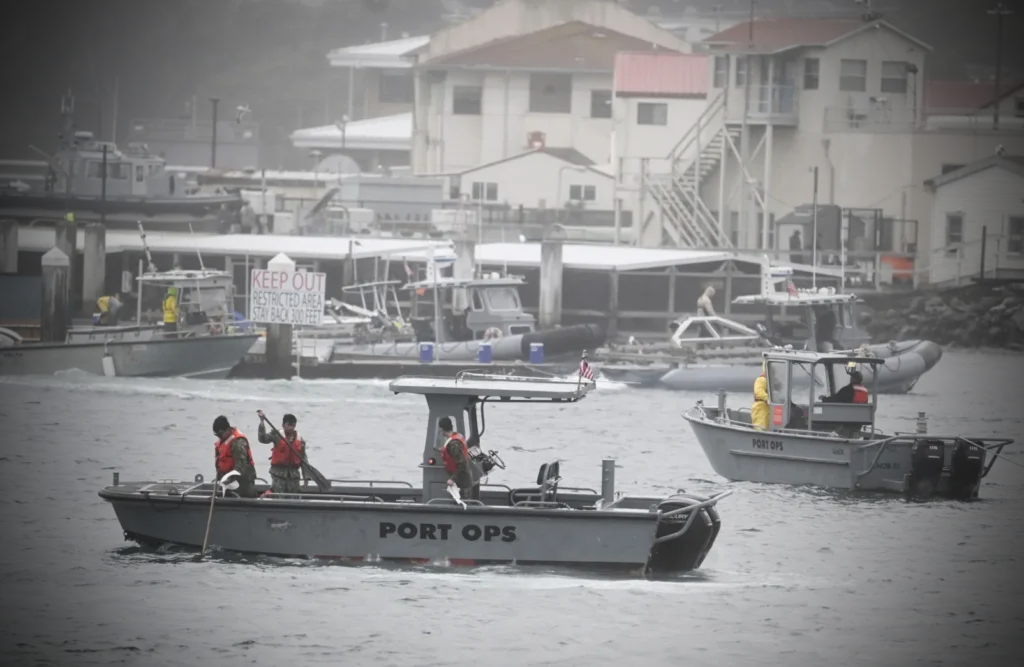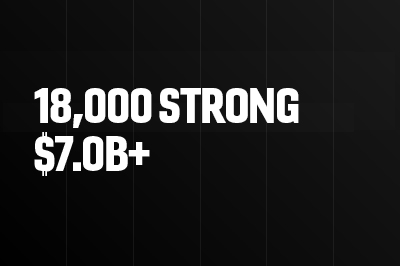After an EA-18G Growler crashed into the San Diego Bay, Peraton team members moved into action to protect the U.S. Navy’s marine mammals from jet fuel and wreckage debris.
In an unexpected turn of events last week, an EA-18G Growler aircraft crashed nose first into the San Diego Bay just outside of Shelter Island. The two pilots were safely extracted by a local fishing boat crew, but the runoff of oil, fuel, and debris posed a serious threat for the nearby dolphins and sea lions of the U.S. Navy’s Marine Mammal Program.
Peraton Team Members Spring Into Action
The Peraton Operations Boat Team saw the entire event unfold right in front of them. Upon impact, the team sprung immediately into action, first moving to check for injuries to the dolphins and sea lions. Then, several team members swiftly mobilized boats in the water and positioned them to use engine propulsion to push the hazardous waste away from the mammal pens.
In unison, Peraton’s Mammal Depot Team jumped into action by transporting fuel containment equipment to the piers at risk. They then deployed spill absorbent boons and barriers around the pens to prevent the spread of any hazardous fluids.

(In the background) Peraton boat operators run 11m RHIB engines to shield mammal pens from hazardous waste.
Credit: Newslooks.com
“Immediately after the jet crashed into the water, there was the initial phase of shock and disbelief. Peraton’s Operations Boat Team and the Mammal Depot Team did an outstanding job by quickly reacting and coordinating with other projects, preventing any potential damage and injury to the Navy Marine Mammal Program’s dolphins and sea lions.”
– Supervisor, Technical Project Management, Defense Mission & Health Solutions Sector, Brett Strickland
Why Does The U.S. Navy Train Mammals?
Although surprising to some, The U.S. Navy has depended on the critical services of bottlenose dolphins and sea lions since 1959. Just like patrol dogs that are trained by police forces for on-land explosives detection, bottlenose dolphins are trained to use their echolocation and adept low light vision to easily locate mines on the ocean floor without risk of detonation.
Similarly, sea lions use their advanced detection skills to recover objects in harbors, coastal areas, and at depth in the ocean sea by attaching recover lines to Navy equipment.
In what could have developed into a disastrous situation, Peraton is incredibly proud of the quick thinking and preventative actions made by our Operations Boat Team and Marine Mammals Depot team. Their agility and effectiveness were a true embodiment of Peraton’s commitment to our customers and to Do The Can’t Be Done.





